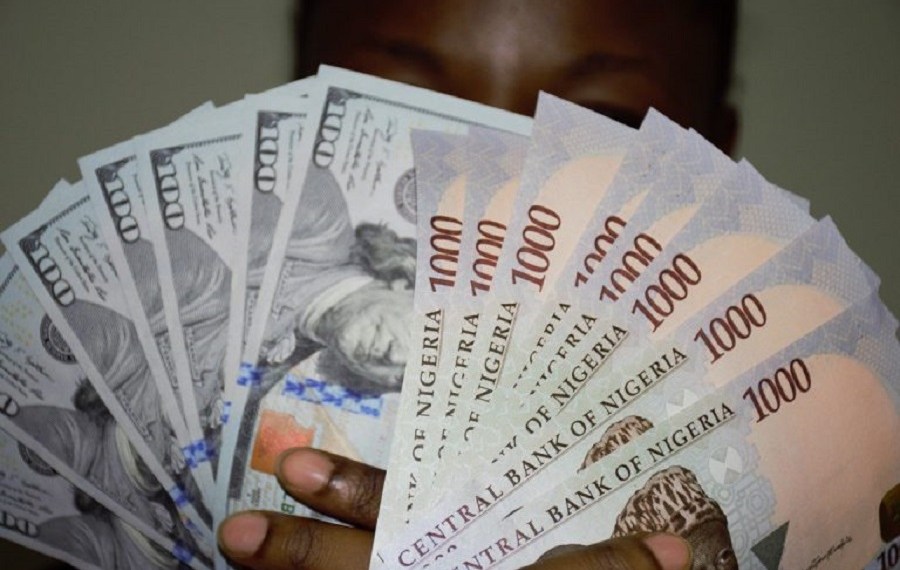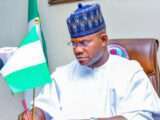
Aboki Naira To Dollar Black Market Rate Today 19th September 2024
In a volatile economic environment, the Nigerian Naira’s black market exchange rate against the US Dollar has shown significant fluctuations today, September 19, 2024. According to reports and real-time data from various sources, the Naira’s value has been under considerable pressure, reflecting Nigeria’s broader economic challenges.
Early reports from the black market indicated a selling rate of approximately ₦1,660 per Dollar, with a buying rate slightly lower at ₦1,655 per Dollar. This fluctuation was cited by multiple sources, including financial analysts and currency traders in major cities like Lagos and Abuja. However, as the trading day progressed, there were slight variations in rates, with some sources reporting figures around ₦1,610 to ₦1,618 for buying, reflecting the typical volatility of the black market where selling prices tend to be higher than buying rates due to the inherent risks and overheads of currency trading.
Trending Now!!:
The discrepancy in exchange rates highlights the unregulated nature of the black market, where rates can differ significantly based on location, demand, supply, and fund liquidity. This environment often leads Nigerians to seek better exchange rates outside the formal banking sector, which can operate at different rates, currently pegged higher according to Central Bank of Nigeria (CBN) rates.
The pressure on the Naira can be attributed to several factors, including persistent demand for foreign currency for both legal and speculative purposes, the impact of global economic policies on oil prices (a significant revenue source for Nigeria), and the ongoing efforts by the Nigerian government to stabilize the economy post various economic reforms.
Analysts have pointed out that while the black market rate provides a snapshot of economic sentiment, it’s also influenced by speculative trading. “The black market rate is often a barometer of economic confidence,” commented an economist who wished to remain anonymous. “When the Naira depreciates this rapidly, it’s not just about the immediate economic indicators but also about the perceived stability of the government’s economic policies.”
The government’s response to these fluctuations has been mixed. There’s been an acknowledgment of the need for economic reform, including efforts to boost local production, reduce import dependency, and stabilize the currency. However, implementing these policies and their immediate impact on the Naira’s value remains a subject of debate among economists and policymakers.
For the average Nigerian, these fluctuations translate into immediate effects on purchasing power, especially for goods priced in foreign currency or imports. “Every time the Naira falls, there’s a direct impact on our daily lives,” remarked a trader in Lagos. “From fuel prices to the cost of basic consumer goods, everything seems to get more expensive overnight.”
Moving forward, the stability of the Naira, both in the official and black markets, will likely depend on several factors, including inflation control, fiscal policy effectiveness, and the global economic climate. For now, traders and citizens alike are watching the rates closely, adapting to an economic reality where the value of their currency can change significantly from one day to the next.


